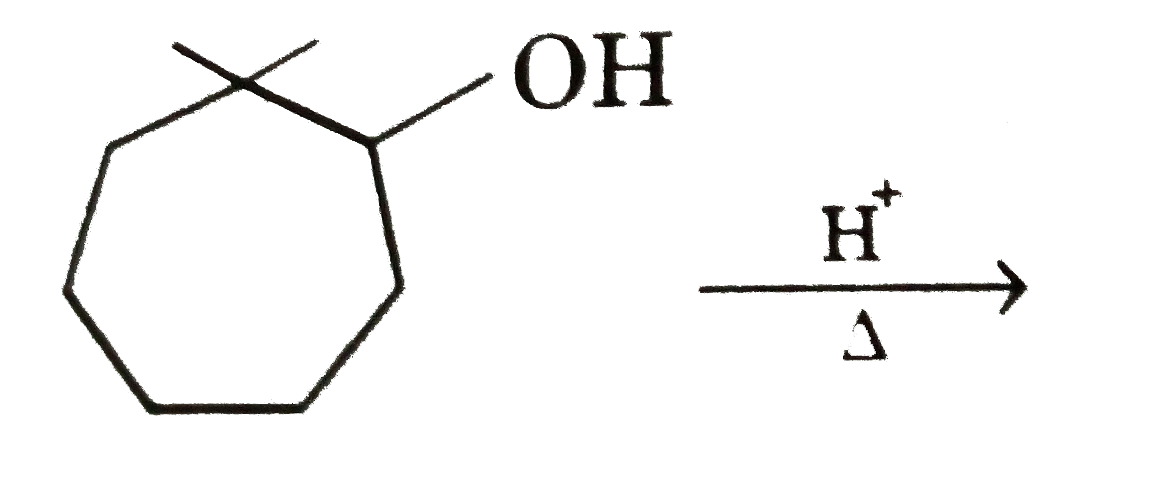Toxin can be produced during which of the following conditions?
Bee sting
Dog bite
Tetanus
Poliomyelitis
The correct Answer is:A, C, D
To determine the conditions under which toxins can be produced, let's analyze each of the given options: bee sting, dog bite, tetanus, and poliomyelitis.
1. Bee Sting:
- When a bee stings, it injects venom into the body. This venom contains toxins that can trigger an immune response. The body reacts by releasing histamines, which cause swelling and redness at the sting site. Therefore, toxins are produced during a bee sting.
2. Dog Bite:
- A dog bite does not directly produce toxins. However, it can transmit pathogens, such as the rabies virus. While rabies is a serious disease, it is not caused by a toxin produced in the body from the bite itself. Thus, toxins are not produced in the case of a dog bite.
3. Tetanus:
- Tetanus is caused by a bacterium known as Clostridium tetani, which produces a potent neurotoxin. This toxin affects the nervous system and can lead to severe muscle spasms and other complications. Therefore, toxins are produced in the case of tetanus.
4. Poliomyelitis:
- Poliomyelitis is caused by the poliovirus, which primarily affects the nervous system. However, it does not produce a toxin in the body. Instead, it leads to the destruction of nerve cells. Therefore, toxins are not produced in the case of poliomyelitis.
Conclusion:
Based on the analysis:
- Toxins are produced during a bee sting and in the case of tetanus.
- Toxins are not produced during a dog bite or poliomyelitis.
Final Answer: Toxins can be produced during a bee sting and in the case of tetanus.
---
- When a bee stings, it injects venom into the body. This venom contains toxins that can trigger an immune response. The body reacts by releasing histamines, which cause swelling and redness at the sting site. Therefore, toxins are produced during a bee sting.
- A dog bite does not directly produce toxins. However, it can transmit pathogens, such as the rabies virus. While rabies is a serious disease, it is not caused by a toxin produced in the body from the bite itself. Thus, toxins are not produced in the case of a dog bite.
- Tetanus is caused by a bacterium known as Clostridium tetani, which produces a potent neurotoxin. This toxin affects the nervous system and can lead to severe muscle spasms and other complications. Therefore, toxins are produced in the case of tetanus.
- Poliomyelitis is caused by the poliovirus, which primarily affects the nervous system. However, it does not produce a toxin in the body. Instead, it leads to the destruction of nerve cells. Therefore, toxins are not produced in the case of poliomyelitis.
Based on the analysis:
- Toxins are produced during a bee sting and in the case of tetanus.
- Toxins are not produced during a dog bite or poliomyelitis.
Topper's Solved these Questions
- HEALTH, HYGIENE, AND DISEASES BOOK - CENGAGE BIOLOGYCHAPTER - HEALTH, HYGIENE, AND DISEASES EXERCISE - OLYMPIAD AND NTSE LEVEL EXERCISES
10 Videos
- HEALTH, HYGIENE, AND DISEASES BOOK - CENGAGE BIOLOGYCHAPTER - HEALTH, HYGIENE, AND DISEASES EXERCISE - CHALLENGING EXERCISE
2 Videos
- HEALTH, HYGIENE, AND DISEASES BOOK - CENGAGE BIOLOGYCHAPTER - HEALTH, HYGIENE, AND DISEASES EXERCISE - CONSOLIDATED EXERCISE
15 Videos
- FOOD AND ITS COMPONENTS BOOK - CENGAGE BIOLOGYCHAPTER - FOOD AND ITS COMPONENTS EXERCISE - CHALLENGING EXERCISE
2 Videos
- IMPROVEMENT IN FOOD RESOURCES : PLANTSBOOK - CENGAGE BIOLOGYCHAPTER - IMPROVEMENT IN FOOD RESOURCES : PLANTSEXERCISE - CHALLENGING EXERCISE
4 Videos
Similar Questions
Knowledge Check
FADH2 is produced during which of the following reaction ?
ASuccinic acid to fumaric acidBFumaric acid to malic acidCSuccinyl Co-A to succinic acidDIsocitric acid to oxaloacetic acidWhich of the following can produce silicon.
AReduction of SiO2 by carbonBReaduction of SiO2 by silicon carbideCThermal decomposition of SiH4DThermal decomposition of SiCA current carrying conductor can produce which of the following?
Aonly heatBonly megnetic fieldCBoth heat and magnetic fieldDNone of the above
Which of the following can be produced during the nuclear fission as well as nuclear fusion reactions ?
View SolutionDuring anaerobic respiration in unicellular fungus, which one of the following is not produced
View SolutionBt toxin is produced by :
View SolutionThe marine organisms showing spinning movements and responsible for killing fishes by producing toxins belong to the following kingdom of Whittaker
View SolutionWhat is a stress hormone ? Or The hormone produced during adverse environmental conditions is
View Solution

